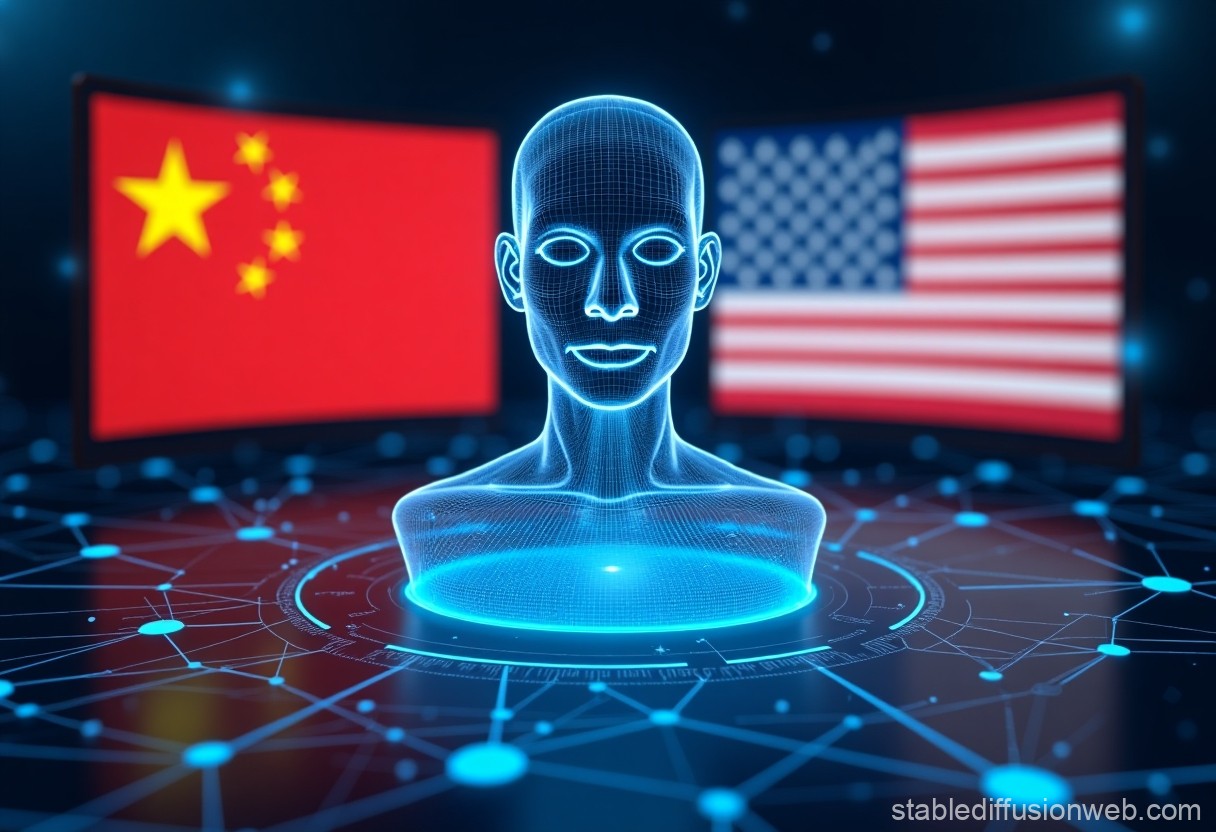In a move that raises profound ethical questions, OpenAI has recently advocated for the U.S. government to impose restrictions on DeepSeek, a Chinese AI research lab, citing national security concerns. This recommendation, embedded within a broader policy submission, labels DeepSeek as a “state-funded” and “state-controlled” entity, suggesting that its AI models could compromise user privacy and intellectual property. 🛡️
The crux of OpenAI’s argument hinges on the potential for data manipulation and surveillance, given Chinese legal frameworks that may compel compliance with government data requests. Yet, this stance invites us to ponder: where do we draw the line between legitimate security measures and the stifling of international collaboration in AI development? The ambiguity surrounding which of DeepSeek’s “models” are under scrutiny—be it APIs, open-source offerings, or both—further complicates the ethical landscape.
OpenAI’s allegations against DeepSeek, including claims of knowledge distillation from proprietary models, underscore a growing tension between innovation and control. However, the absence of concrete evidence linking DeepSeek to the Chinese government challenges us to consider the implications of such accusations on the global AI community. 🤔
As the narrative unfolds, the meeting between DeepSeek’s founder and Chinese President Xi Jinping adds layers to the discourse on AI’s role in geopolitical dynamics. This situation exemplifies the delicate balance between safeguarding national interests and fostering an open, ethical AI ecosystem that transcends borders.


